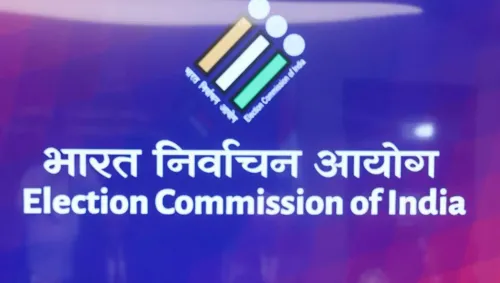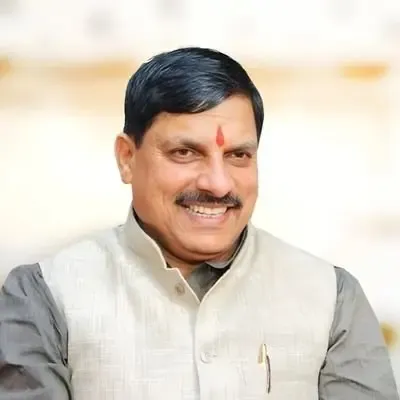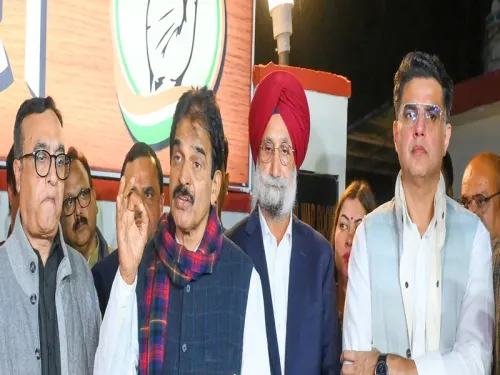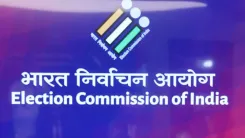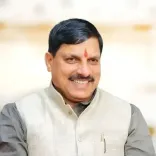Governor Highlights Future City as a Catalyst for Telangana's Development
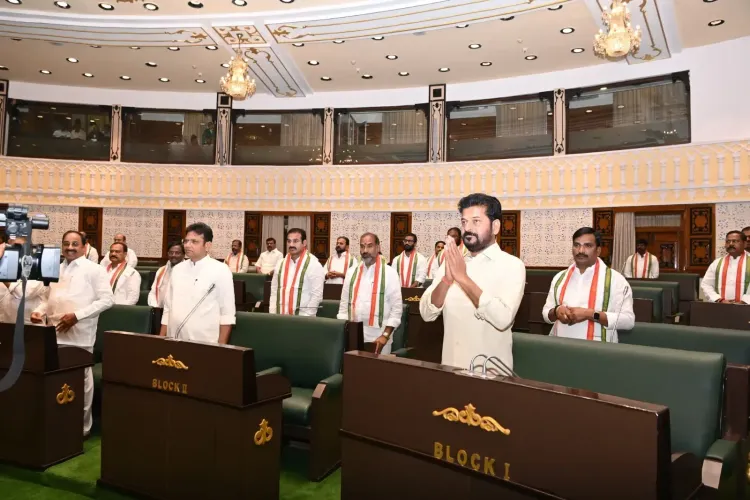
Synopsis
Key Takeaways
- Future City spans 765 square kilometers across 56 villages.
- Planned as India's first net-zero city.
- Strategically located between major highways.
- Proposed legislation for 42% reservation for BCs.
- Measures taken for farmers’ welfare and empowerment.
Hyderabad, March 12 (NationPress) The Future City envisioned by the Telangana government, covering 765 square kilometres across 56 villages, represents a pivotal advance in Telangana's urban and industrial evolution, stated Governor Jishnu Dev Varma on Wednesday.
In his address during the opening session of the Budget meeting, the governor announced the establishment of the Future City Development Authority, aimed at fostering the development of a world-class city that prioritizes sustainability and aims to become the first net-zero city in India.
“Strategically positioned between the Srisailam and Nagarjunasagar Highways, this ambitious initiative merges smart urban infrastructure, sustainable industrial growth, and inclusive residential planning. Anchored by AI City, Pharma, and Manufacturing Clusters, along with multimodal mobility and metro access, the Future City is set to stimulate economic activity, generate jobs, and elevate quality of life,” he remarked.
The governor asserted that the expansion of metro rail systems, the visionary Musi River Rejuvenation Project, and the development of Future City are poised to redefine urban living and economic potential.
Jishnu Dev Varma expressed that Telangana is on the brink of a transformative phase, propelled by a vision of inclusive growth, technological advancement, and sustainable development.
He emphasized the government's intention to nurture innovation, enhance infrastructure, and empower every citizen.
“By attracting international investments and establishing Telangana as a frontrunner in renewable energy, artificial intelligence, and high-tech industries, we are laying the groundwork for a future that harmonizes progress with sustainability. The state's commitment to clean energy, along with strategic initiatives like AI City and improved digital infrastructure, will position Telangana as a model of modernity and opportunity,” the governor stated.
He affirmed that the vision of an inclusive, self-sufficient, and empowered Telangana is being actualized through bold reforms, people-centric governance, and decisive leadership.
“My government envisions a Telangana where inclusive growth, innovation, and sustainable development coexist. By embracing technological innovations, strengthening social welfare initiatives, and creating economic opportunities for all, we are dedicated to cultivating a future that is both prosperous and equitable for every citizen,” he added.
He also highlighted a landmark initiative for social justice, with the government proposing a Bill to provide legislative support for 42 percent reservation for Backward Classes (BCs) based on the results of a recent caste survey.
Additionally, the government will introduce a Bill for the subcategorization of Scheduled Castes (SCs), following recommendations from the Justice Shameem Akther Commission. This proposed legislation aims to ensure a more equitable distribution of reservation benefits among SC communities, focusing on the most marginalized individuals, he stated.
Labeling farmers as the backbone of the state, the governor noted that Telangana has achieved the status of the highest paddy producer in the country, with a remarkable output of over 260 lakh metric tonnes.
The governor detailed the measures taken by the state government for farmers' welfare, including a ₹2 lakh crop loan waiver benefiting 25.35 lakh farmers, totaling ₹20,616.89 crore.
Under the Rythu Bharosa scheme, direct financial assistance has been raised to ₹12,000 per acre annually.
The government has also extended aid to landless agricultural workers under the Indiramma Aathmeeya Bharosa scheme, providing ₹12,000 per annum to families laboring in the fields.
A total of 566 RythuVedikas have been established, equipped with modern audio-visual media. The RythuNestham initiative is now fully functional in all 532 rural mandals, offering a dynamic platform for farmers, scientists, and administrators to engage in structured video conferences.
The governor announced a bonus of ₹500 per quintal for Sannarakam (fine variety) paddy, amounting to ₹1,206.44 crore, aimed at ensuring fair pricing and income security for farmers.
As a significant step towards bolstering the agricultural sector, the government has created the Telangana Agriculture and Farmers Welfare Commission. This commission will serve as a dedicated entity to address farmer concerns, formulate sustainable policies, and ensure that Telangana's agricultural sector remains resilient and prepared for the future.
He claimed that through persistent and strategic efforts, the government effectively represented its position before the Krishna Water Tribunal-II, safeguarding Telangana's rightful share of water from the Krishna River.
The governor outlined the initiatives undertaken for the empowerment of women and youth, as well as for transforming education and enhancing healthcare.



